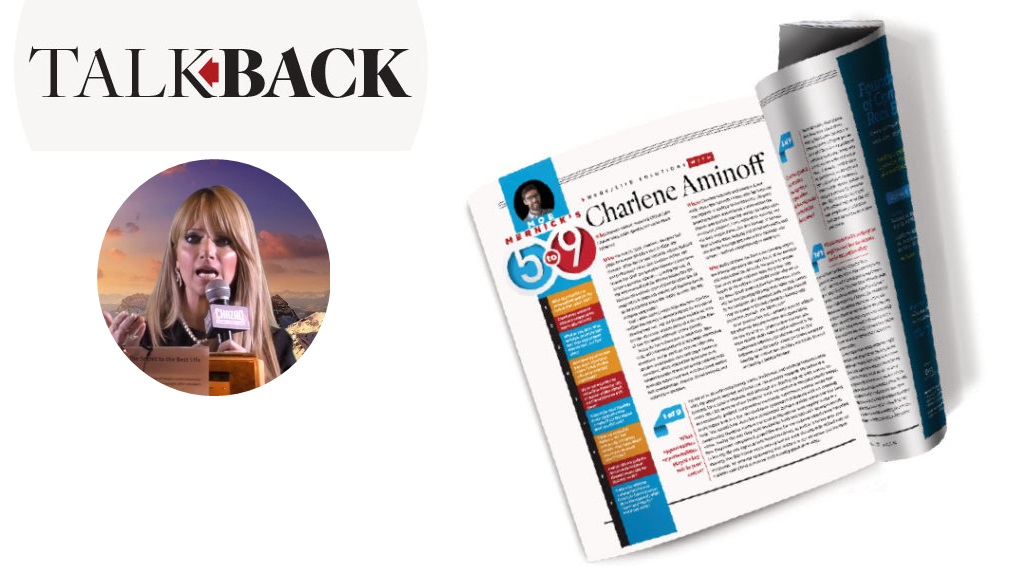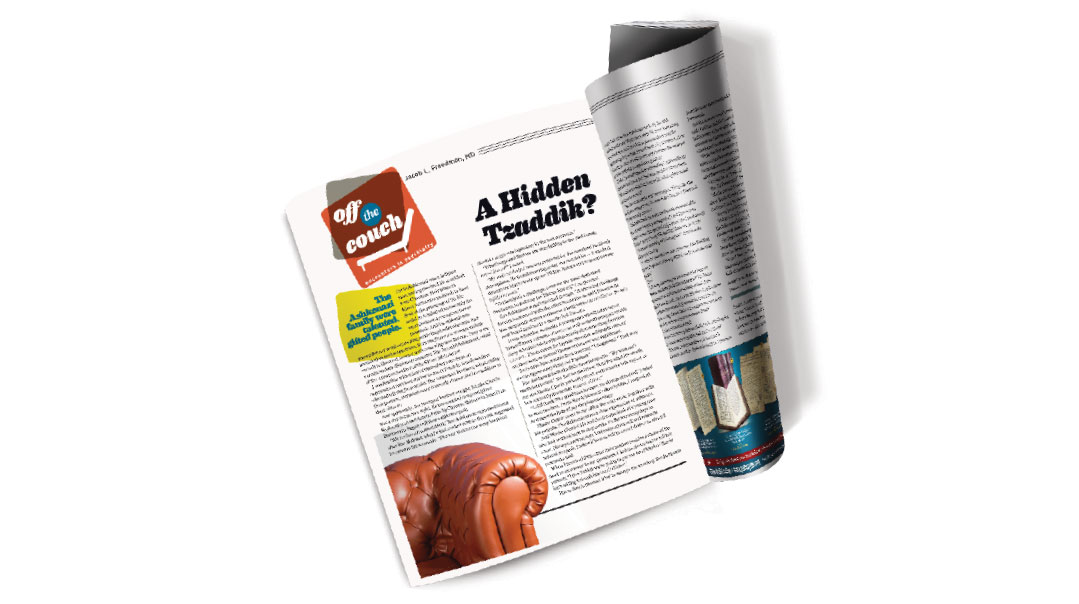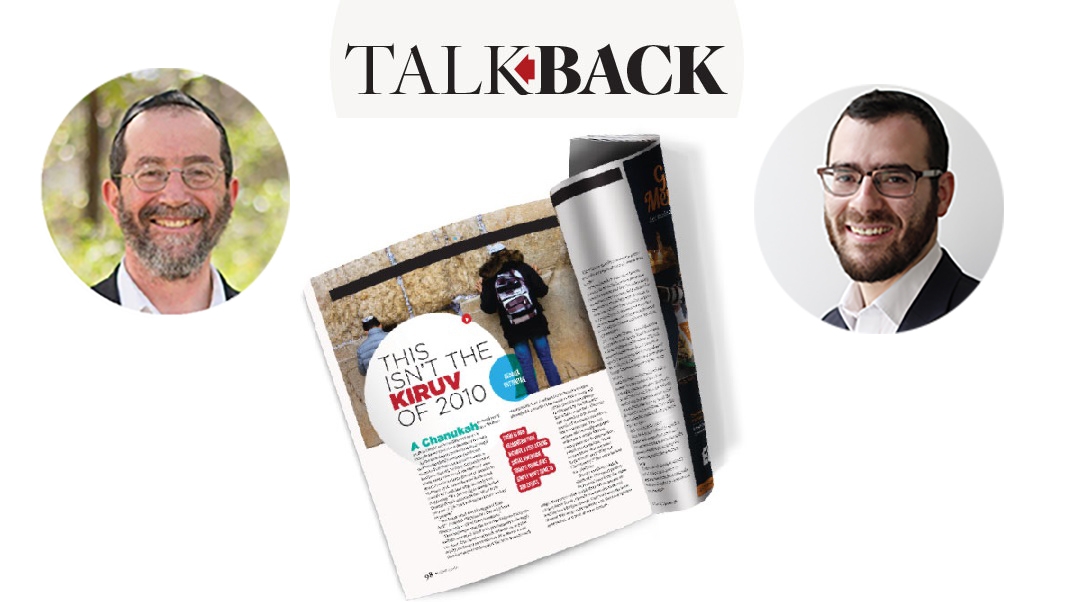Emunah Must Be Unconditional
| February 19, 2020Believe me — I promise you that I’m constantly questioning: Why was I worthy of this miracle?

T
hank you for your interview with Mrs. Charlene Aminoff of Gali’s Couture wigs (5 to 9, Issue 795). It contained a lot of inspiring material. Yet her interview seemed to convey a message (I assume unintentionally) that when we daven and trust in Hashem, that when we work hard and do what is right according to halachah and hashkafah, then everything will work out positively — the way we would like it to, or at least in a way that we are able to look back and see the chesed of Hashem’s ways.
I am not qualified to give mussar or tochachah, but this all-too-common and dangerous mindset alarmed me enough to feel the need to engage. Hashem did miraculously save her daughter when she made a kabbalah to cover her hair. Do we know the exact reason Hashem saved her daughter? There are plenty of people who, when faced with a dire situation, have made similar kabbalos, and Hashem answered them with a simple yet painful no. Does it mean their tefillos and resolutions were not as valued by Hashem? Notzer chesed l’alafim (“Hashem preserves kindness for thousands of generations”).
If we link our bitachon, emunah, and hishtadlus to an outcome that meets our expectation or understanding, we are setting ourselves up for a crisis of faith. Difficult things happen that don’t make sense — not when they happen, and not 50 years later with hindsight, either. Only unconditional emunah and bitachon can allow a person to survive and thrive for the long term. Granted, it’s not an exciting message like an inspirational story that tidies everything up. Perhaps Mrs. Aminoff could clarify her thoughts on this.
Charlene Aminoff responds:
I want to stress that when I promised Hashem to give up my hair, it was not conditional on Gali’s survival. It wasn’t, “Hashem, if you give me Gali back, I’ll give you my hair.”
Rather, it was more like, “Here, Hashem, this belongs to You. And I’m sorry I haven’t been serving You Your way until now.”
We do mitzvot because it’s the right thing to do. Each mitzvah we perform has a certain sechar — but how and when we see that sechar is up to Hashem. We can do a mitzvah and have no response for years, for generations, even our entire lives… but we believe that all of our good deeds will be rewarded at some level.
I don’t know why I was zocheh to see my sechar so immediately, why Hashem, in His infinite kindness, chose to reward me at that moment — perhaps it was because Hashem knew that I’m a big-mouth, and I’d broadcast this to 46,000 friends on Instagram, get 14,000 people to cover their hair and say Nishmat Kol Chai, and get people to cling to Hashem in their own unique ways.
But believe me — I promise you that I’m constantly questioning: Why was I worthy of this miracle? There are people far greater than me who went through a similar test that didn’t have a positive outcome. My heart bleeds for them. I lie in bed at night, and I think: Why did You choose me? Why did I merit this?
And I won’t have my answer until I have my moment of truth after 120 years, my sit-down one-on-one with HaKadosh Baruch Hu, and have all my questions answered. But all I know now is that Hashem does things we can’t understand. In Olam Haba, we’ll get all the answers.
Also, just a side point: I don’t want to dwell on painful situations, but my life has been a long journey of nisyonot, of trials and triumphs — and trials and failures. I have five amazing, beautiful, healthy kids, b’chasdei Hashem. But I’ve also had 11 heartbreaking, exhausting miscarriages.
But I never stop and say: “Hashem, why?!” If anything, my tests have led to stronger emunah.
I want you to know that it’s not all roses and daffodils… I do very often make major kabbalot but do not get the response I was hoping for. It doesn’t take away from my love and my bitachon and emunah. On the contrary, it builds it… because the world of immediate gratification isn’t the one I’m in or working toward.
(Originally featured in Mishpacha, Issue 799)
Oops! We could not locate your form.










